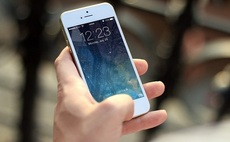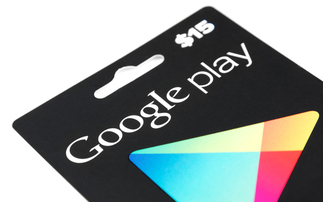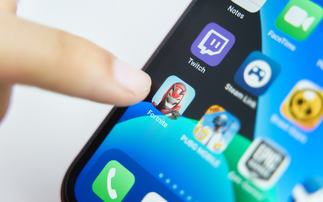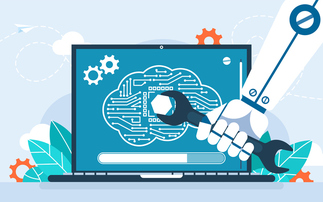Enhanced security, streamlined MDM and progress with NFC makes Apple's new platform more tempting than ever
Apple's iOS 7 reveal at WWDC stayed typically consumer-focused, though lurking beneath the reiterated "Designed by Apple in California" simplicity and accessibility, there are a number of new featu...
To continue reading this article...
Join Computing
- Unlimited access to real-time news, analysis and opinion from the technology industry
- Receive important and breaking news in our daily newsletter
- Be the first to hear about our events and awards programmes
- Join live member only interviews with IT leaders at the ‘IT Lounge’; your chance to ask your burning tech questions and have them answered
- Access to the Computing Delta hub providing market intelligence and research
- Receive our members-only newsletter with exclusive opinion pieces from senior IT Leaders























